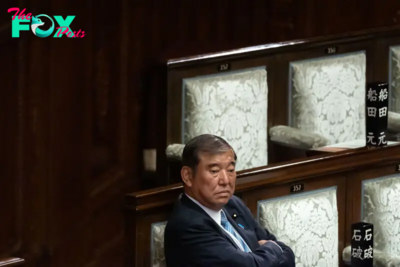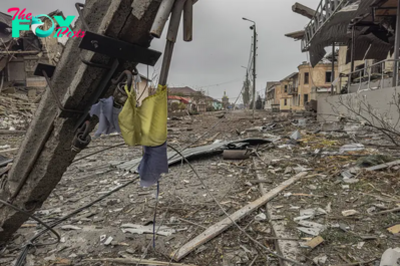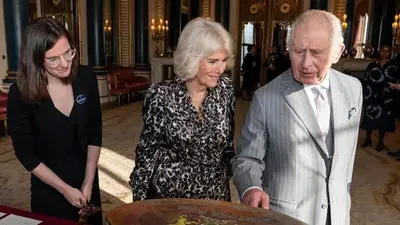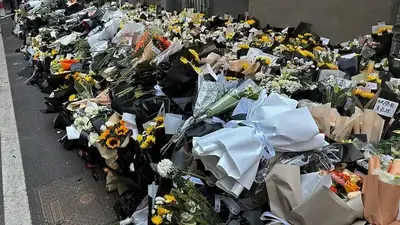World News
Some UK nurses end strikes but others vow more walkouts
LONDON -- A British nursing union on Friday rejected a pay offer from the government, dashing hopes of a quick end to a months-long wave of public-sector strikes that has disrupted schools, hospitals and services.
However, another major health union voted to accept the deal.
The Royal College of Nursing said its members would walk out again later this month. after 54% voted to reject the offer of a lump sum payment for 2022-23 and a 5% raise this year.
General Secretary Pat Cullen said members would strike for 48 hours starting April 30. For the first time, the walkout will include nurses working in intensive care, emergency rooms and cancer wards.
“What has been offered to date is simply not enough," she said, adding: “Until there is a significantly improved offer, we are forced back to the picket line."
In contrast, Unison, which represents health workers including ambulance crews, hospital porters and some nurses, said 74% of its members voted to accept the offer
“Clearly Health workers would have wanted more, but this was the best that could be achieved through negotiation," said Unison’s head of Health, Sara Gorton. “Over the past few weeks, Health workers have weighed up what’s on offer. They’ve opted for the certainty of getting the extra cash in their pockets soon."
A wave of strikes has disrupted Britons’ lives for months, as workers demand pay raises to keep pace with soaring inflation, which stood at 10.4% in February.
Firefighters and London bus drivers have reached deals to keep working. But many other professions remain locked in pay disputes. Ambulance crews, teachers, border staff, driving examiners, bus drivers and postal workers – as well as doctors and nurses -- have all walked off their jobs to demand higher pay.
Unions say wages, especially in the public sector, have fallen in real terms over the past decade, and a cost-of-living crisis fueled by sharply rising food and energy prices has left many struggling to pay their bills.
Thousands of junior doctors in the state-funded National Health Service held the final day of a four-day walkout on Friday. The early-career medics are seeking a 35% pay increase, a demand the government calls unreasonable.
Civil servants also announced a new strike on Friday after rejecting the government’s offer of a pay raise of 4.5% to 5%. The Prospect union said its members, who include weather service staff and health inspectors, will walk out on May 10 and June 7.
-

 World News3h ago
World News3h agoNew Zealand’s Leader Formally Apologizes to Survivors of Abuse in State and Church Care
-

 World News3h ago
World News3h agoCOP29 Opens in Azerbaijan With Climate Finance at Top of Agenda
-

 World News9h ago
World News9h agoJapan’s Parliament Reelects Struggling Leader Shigeru Ishiba as Prime Minister
-

 World News9h ago
World News9h agoPolitical Rivals and Police in Bangladesh Block Party of Ousted Leader From Holding Rally
-

 World News1d ago
World News1d agoHaiti Replaces Its Interim Prime Minister Amid Tumultuous Democratization Process
-

 World News1d ago
World News1d agoDrones Strike Moscow as Top U.K. Official Highlights Russian Casualties in Ukraine
-

 World News1d ago
World News1d agoKate Middleton Attends Remembrance Sunday Ceremony as She Slowly Returns to Duty
-

 World News1d ago
World News1d agoPrince William Describes Family’s ‘Brutal’ Year as Wife and Father Faced Cancer Treatment


























